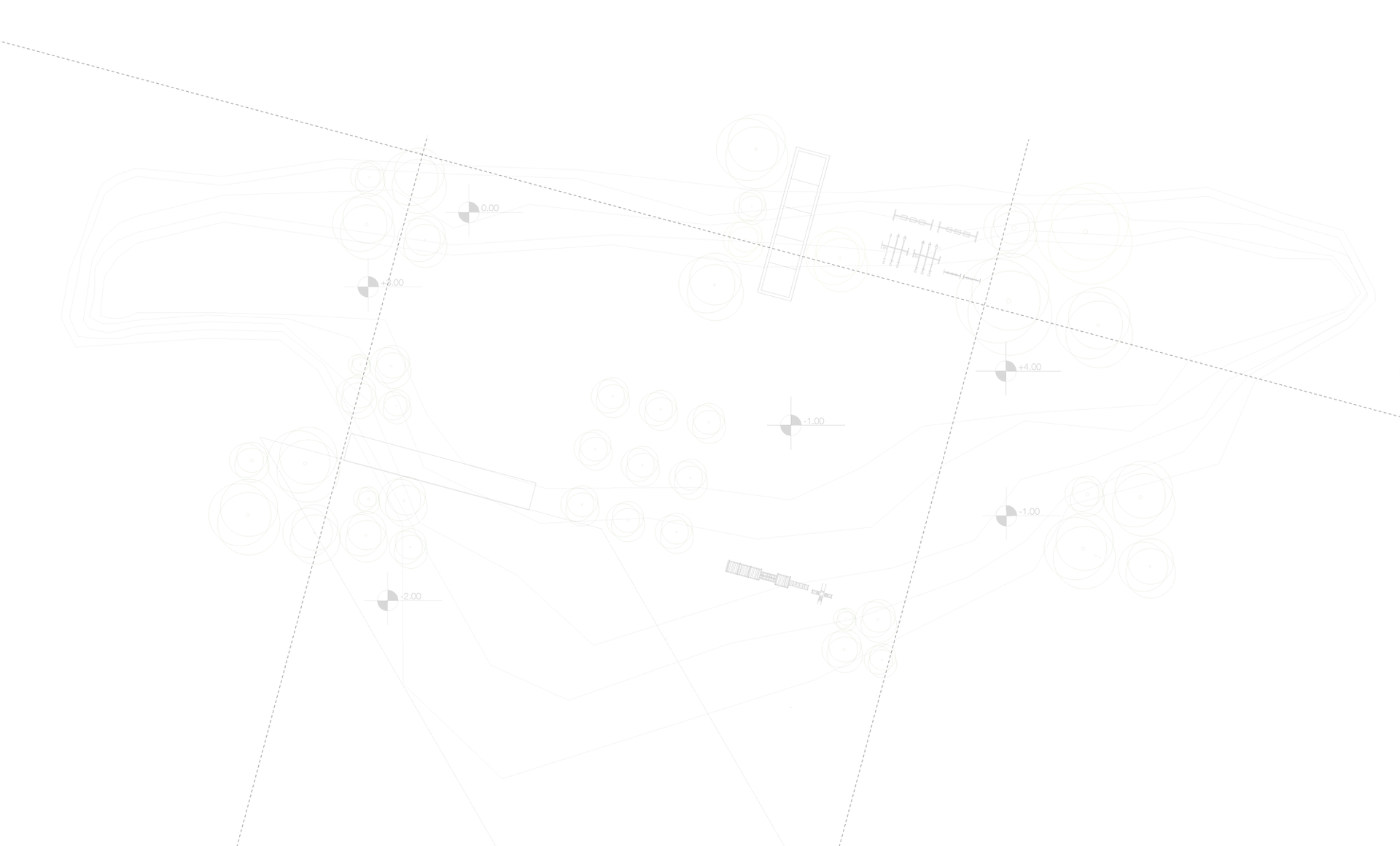NSW Government to abolish Greater Cities Commission
- David

- Aug 15, 2023
- 4 min read
The NSW Government announced it's intention to abolish the Greater Cities Commission earlier this year. It is understood that staff will be absorbed into the Department of Planning under direct control of the Minister for Planning and Public Spaces.

Some of the responsibilities of the Greater Cities Commission under the Environmental Planning and Assessment Act 1979 are as follows:
Section 2.4 of the Act provides as follows:
(1) The Minister, the Planning Ministerial Corporation or the Planning Secretary may delegate any of their functions under this Act to—
(b) the Greater Cities Commission, or
Section 3.4(2) of the Act provides:
(2) The Greater Cities Commission must prepare a draft district strategic plan for each district within the Six Cities Region, being a city within the meaning of the Greater Cities Commission Act 2022.
Section 3.5(2) of the Act provides:
(4) The Greater Cities Commission must review the regional strategic plan and submit a draft regional strategic plan applying to the whole of the Six Cities Region to the Minister, before the end of 2023 and at the end of every subsequent period of 5 years.
Section 3.6 of the Act provides:
(3) A district strategic plan for a district in the Six Cities Region may be made by the Greater Cities Commission.
(4) The Greater Cities Commission is to review a district strategic plan every 5 years after it is made by the Commission.
Section 3.8 of the Act provides:
(4) In addition to the requirement under subsection (3), the council for each local government area in the Six Cities Region must, on the making of a district strategic plan that applies to that area, report to the Greater Cities Commission—
(a) on the review by the council of the local environmental plans for the area, and
(b) on the preparation of planning proposals under section 3.33 to give effect to the district strategic plan.
Section 3.9 provides:
(3A) The council for an area that is in the Six Cities Region must not make a local strategic planning statement unless the Greater Cities Commission has advised the council in writing that the Commission supports the statement as being consistent with the applicable regional and district strategic plans.
(4) The Planning Secretary may issue requirements with respect to the preparation and making of local strategic planning statements (including requirements with respect to the participation of councillors of a ward and the support of the Greater Cities Commission if it is required by this section in the preparation of such a statement).
Section 3.30 provides:
(2) Before recommending the making of an environmental planning instrument by the Governor, the Minister must consult with the Greater Cities Commission if—
(a) the proposed instrument relates to land within the Six Cities Region, and
(b) the Minister is of the opinion that the proposed instrument is likely to significantly affect the implementation of a strategic plan affecting that Region.
Section 3.34 provides:
(3A) Before making a determination under subsection (2), the Minister must refer the planning proposal to the Greater Cities Commission if—
(a) the proposal relates to land within the Six Cities Region, and
(b) the Minister is of the opinion that the proposal is likely to significantly affect the implementation of a strategic plan affecting that Region.
(3B) On referral of a proposal, the Greater Cities Commission must, within the period specified by the Minister, advise the Minister as to whether or not the Commission supports the planning proposal.
Presumably, the Government would intend to introduce legislation to parliament amending or deleting the above sections, replacing responsibilities of the Greater Cities Commission with that of the Minister or Department of Planning.
Minister Scully stated there were too many agencies with overlapping responsibilities, meaning accountability was “blurred and confusing”.
Other areas where responsibility may be interpreted to have become blurred and confusing in the NSW Planning system over the past 15 or so years could be interpreted to include the following:
- Decisions for some types of development applications being lodged with local Councils being made not by the Council but by "Sydney and Regional Planning Panels"
- Decisions for some other types of development applications being lodged with some local Councils (but not others) being made not by the Council or the above, but by "Local Planning Panels"
- Decisions for some types of applications lodged with the Minister being actually determined by the "Independent Planning Commission".
Call me old fashioned, but what was actually wrong with the old system that operated from the introduction of the EP&A Act in 1979 until around 2008 or 2009 based on Ministerial accountability? ie. The Minister is an elected official accountable to parliament for any decisions that he or she makes. Employees of the government were then responsible to the Minister based on the above. If residents of the state are not happy with the decisions of the government then they have the opportunity to vote at elections held every four years. There was also the opportunity for the Minister to appoint a Commission of Inquiry before making a decision on a Development Application.
Similarly with local Council decisions, the community had/has the right to vote for different Councillors if they are/were happy/unhappy with the decisions of their local Council/Mayor. Employees of local Councils were therefore responsible to the elected Council based on the above.
We seem to have created a very confusing situation especially with local government employees, who are now responsible to different people/panels/committees within their organisation and even different state government agencies at different times.
The Court system is/was always available for those who are/were unhappy with Council or Ministerial decisions.




Comments